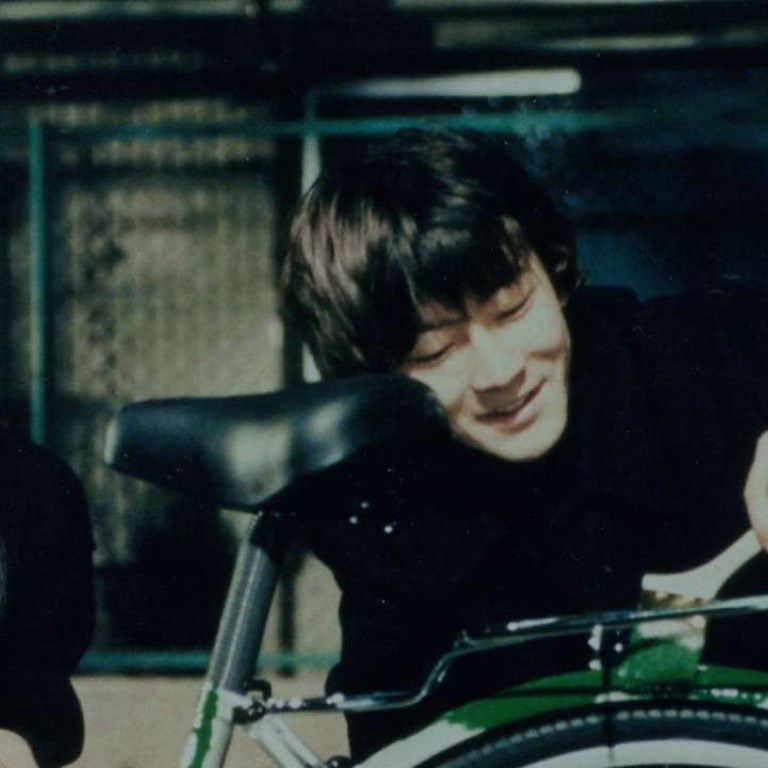
Flashback: Maborosi (1995) – Hirokazu Koreeda’s mournful feature debut
Known for his heart-warming family dramas, the Japanese director’s beautiful yet sad feature debut is a stark illustration of a director’s journey through genres
L ong before he settled into the niche of heart-warming family dramas with Like Father, Like Son (2013), Our Little Sister (2015) and After the Storm (2016), Japanese filmmaker Hirokazu Koreeda was a specialist in poetic yet gloomy tales of inexplicable abandonment and death involving close relatives. The sense of loss that permeated his early films is most palpable in his sublimely crafted debut, Maborosi (1995).
Having distinguished himself with television documentaries, Koreeda’s film opens with a glimpse into the tranquil married life of Yumiko (played by then-model Makiko Esumi) and Ikuo (Tadanobu Asano), before the latter apparently throws himself under a train. Ikuo’s probable suicide reminds Yumiko of a childhood trauma: she indirectly caused her senile grandmother’s disappearance.
When the story picks up again five years later, the young widow has moved with her young son from their Osaka apartment to an isolated fishing village on the Noto Peninsula, to marry widower Tamio (Takashi Naito). The audience is shown slices of her mundane new life in a stripped-down, almost abstract narrative, before Yumiko communicates her haunting sense of grief to her second husband in a cathartic finale by the sea.


If his subsequent films are any indication, Koreeda has since found peace of mind.

